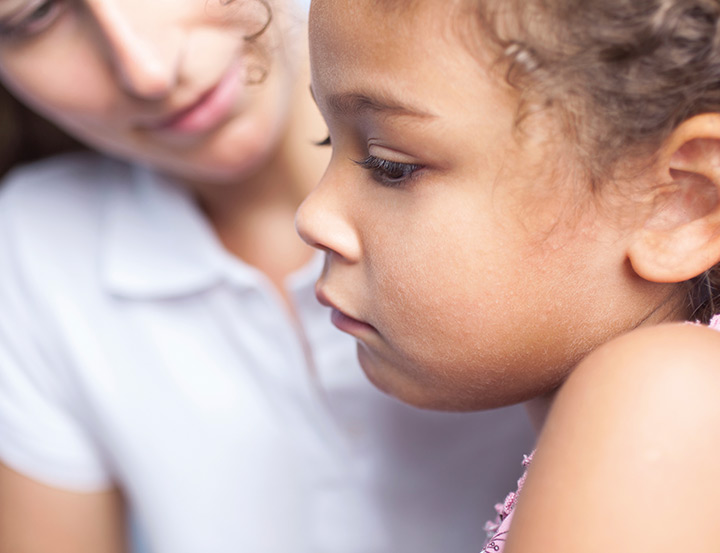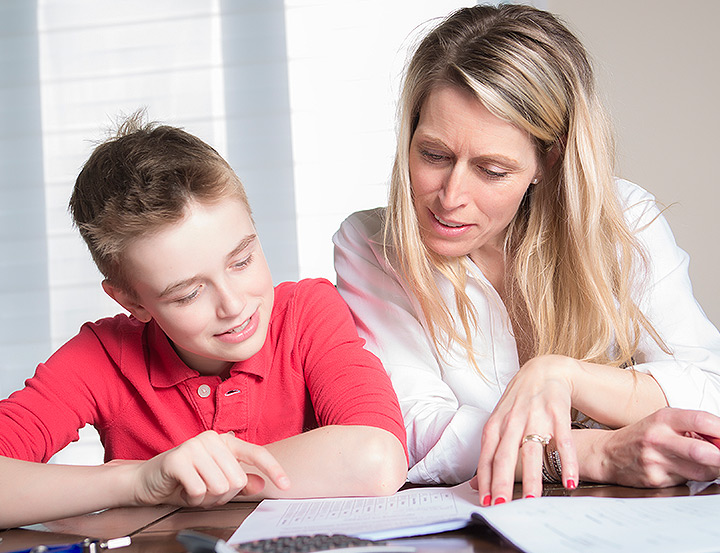Children with learning difficulties and disabilities are often faced with many daily struggles at school as they attempt to deal with various challenges they face as part of their learning difficulty. Evidence suggests that children with learning disabilities are at greater risk of having a poor sense of academic self-concept as this is the area in which they experience the most difficulty. That is, children with learning disabilities may hold beliefs about their academic self which are directly linked to their academic results or performance in class, such as “I am no good at reading”, “I can’t spell”, or worse, “I am stupid”.
It is important to note that a child can hold very different beliefs across the various areas of self-concept, some positive, some negative, but it is the degree of importance they place on each area that will influence their overall self-esteem. Here are some examples that may be true for a child with a learning disability:
- I struggle to read fluently and often stumble over words. I can’t spell or write well. Reading and spelling are important to me. My self-esteem is likely to be affected negatively.
- I am an extremely competent artist and have an amazing ability with drawing life-like sketches of people. My drawings are admired by others and are often placed on the walls of the school and my home. Drawing is of importance to me, therefore my self-esteem is likely to be affected positively.
- I am useless at sports. I can’t kick a ball very far, my throwing is pretty average and I have difficulty in many physical activities. Sport is not important to me; I am happy just to muck around and have fun rather than score a goal. My self-esteem is not affected at all.
- I struggle to get my thoughts down on paper and my writing is very poor. Writing is important to me and I recognise that it is an important skill. Additionally, I am also really bad at music. I admire musicians and being able to play a musical instrument well is important to me. I no longer want to go to school, and my self-esteem is negatively affected.
Sometimes, by encouraging and highlighting a child’s areas of strength, we are able to partially counteract the negative impact of their learning problems. It is important to monitor children who are experiencing difficulties in multiple areas, as they are often at heightened risk of experiencing low self-esteem.

In this section:
- Introduction
- The difference between a learning difficulty and a learning disability
- What do we know about types of learning disabilities?
- Other developmental disorders that can impact on learning
- Identifying and diagnosing specific learning disorders
- Selecting a successful intervention program
- Use of assistive technology
- Supporting students with learning disabilities
- Children with learning disabilities may have low self-esteem


